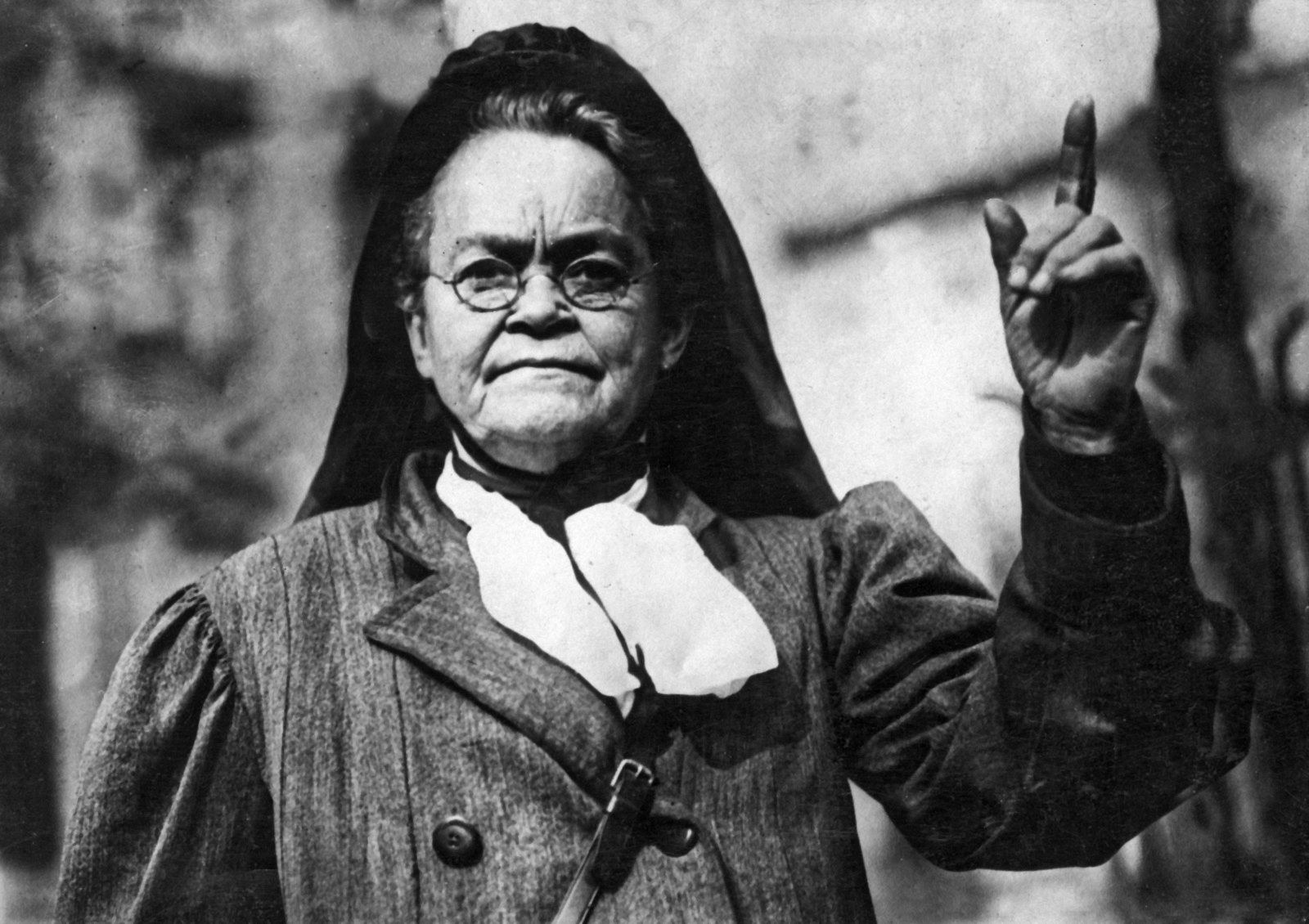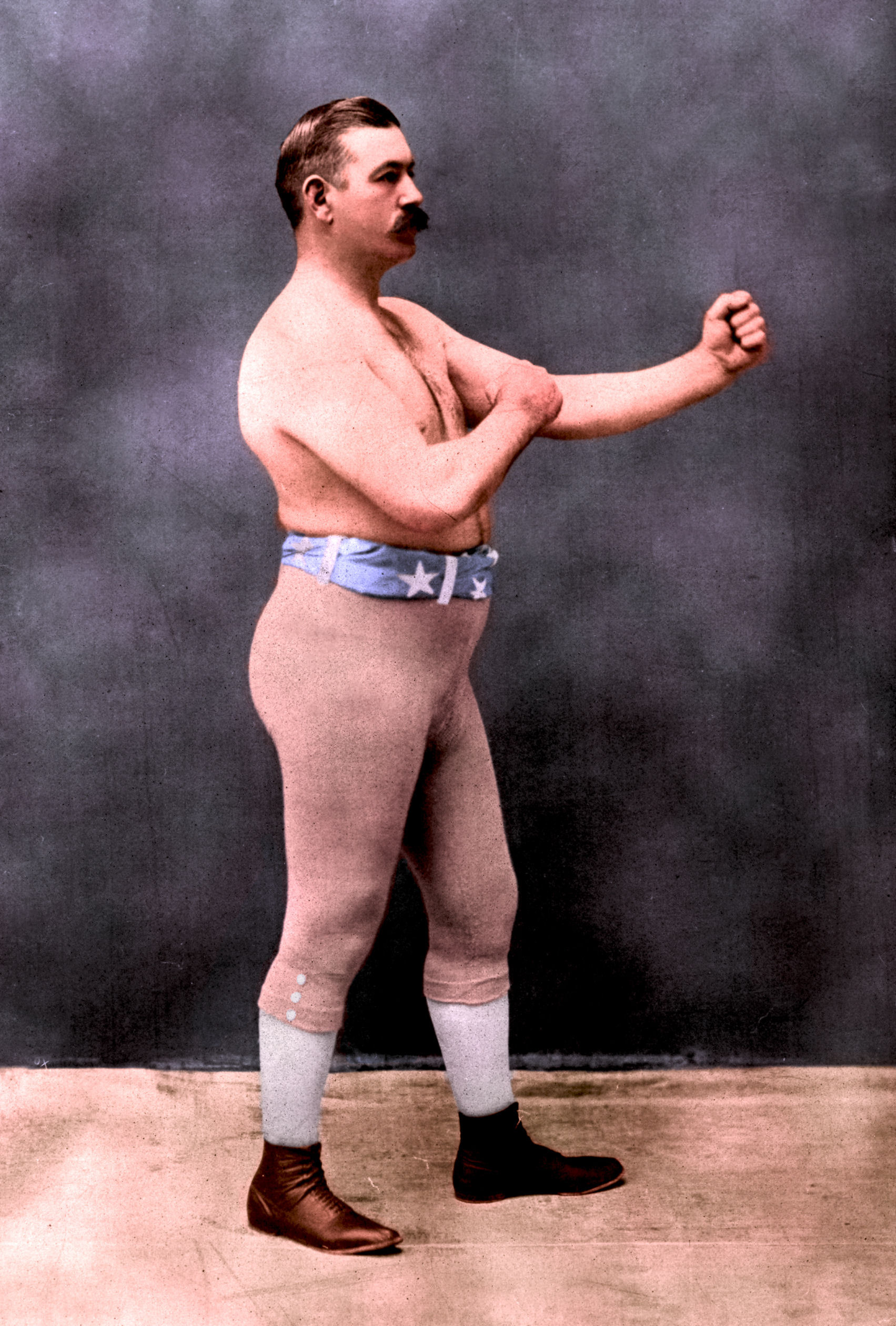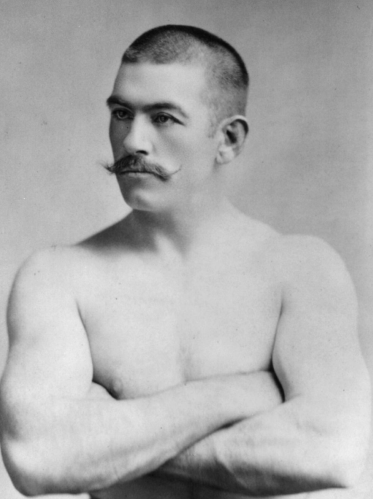
“Mrs. Nation suffered imprisonment, ridicule, and was even declared insane.”
Carrie Nation had a dream, but it was the wrong one. If she had applied her considerable energy, moral outrage, and, yes, craziness, to supporting the cause of Abolition or Suffrage, she would have been a hero. But the Kentucky-born woman chose alcohol as her enemy and her hatchet-wielding and barroom-busting helped make the idea of Prohibition a legitimate thing. History has shown us what a mistake that was, how opposed to human nature. Nation never lived to see her dream fulfilled–or undone. She died in 1911, nine years before alcohol was banned in the United States and twenty-two before the ban repealed. Her death notice from the June 10, 1911 New York Times.
“Leavenworth, Kan.–Carrie Nation, the Kansas saloon smasher, died here to-night. Paresis was the cause of her death. For several months Mrs. Nation had suffered from nervous disorders, and on Jan. 22 she entered the sanitarium in which she died.
________
Carrie Nation, whose maiden name was Moore, was born in Kentucky, near ex-Senator Blackburn’s home, and was a schoolmate of his. Her mother, it was said, died in an asylum for the insane. Her first husband was Dr. Gloyd, and after his death she married David Nation, a lawyer of Kansas City, who gave her legal advice but left her after she launched out on her anti-saloon crusade with the hatchet. All her life she was a strong temperance advocate, and came to regard herself as a woman with a mission. She declared publicly that hers was the right hand of God and that she had been commissioned to destroy the rum traffic in the United States.
Mrs. Nation suffered imprisonment, ridicule, and was even declared insane, and at the end of nine years she retired with sufficient money to purchase a farm in Arkansas. A good deal of her money was derived from the sale of her souvenir hatchets.
Mrs. Nation lived in Medicine Lodge, Kan., until June 6, 1900. On that day she went into her back yard and picked up a dozen bricks. After wrapping them in old newspapers and adding four heavy bottles to the collection she drove in her buggy to Kiowa, where she smashed the windows of three saloons with her ammunition. The other saloons closed their doors and then Mrs. Nation stood up in her buggy and told the assembled crowd that the law had been violated and some one should be punished, either herself or the officials who permitted the saloons to be operated against the law of the State.
Next morning the newspapers scattered the news broadcast that a new reformer had arrived upon the scene. From that day Mrs. Nation had been in jail at Wichita three times, at Topeka seven times, once at Coney Island, Kansas City, Los Angeles, and San Francisco, twice at Pittsburgh, three times at Philadelphia, once at Bayonne, N.J., and once at Cape Breton. In all, Mrs. Nation had to pay the penalty twenty-two times for taking the law into her own hands.
During her travels Mrs. Nation came to New York, and visited Police Headquarters and John L. Sullivan‘s saloon. She did not do any smashing here, but gained considerable notoriety. In 1903 she created a disturbance in the White House in Washington in an effort to reach President Roosevelt, and was ejected by two policemen. Then she went to the Capitol and disturbed the Senate, for which she was fined $25 or thirty days in jail. The fine was obtained by selling hatchets.
Mrs. Nation made a tour of Great Britain in 1908, visiting music halls and saloons and giving advice to Magistrates. She was arrested at New Castle on Tyne for smashing, and appeared in the London music halls, where the audiences hissed her off the stage. In her own State of Kentucky Mrs. Nation had the reputation of being a kindhearted, sympathetic, motherly woman before she moved into Kansas, where she became obsessed with the Prohibition doctrines. It was said that her militant campaign called public attention to the rum traffic in the South and helped the cause of temperance a great deal by having the laws enforced against abuses in the liquor traffic.”




